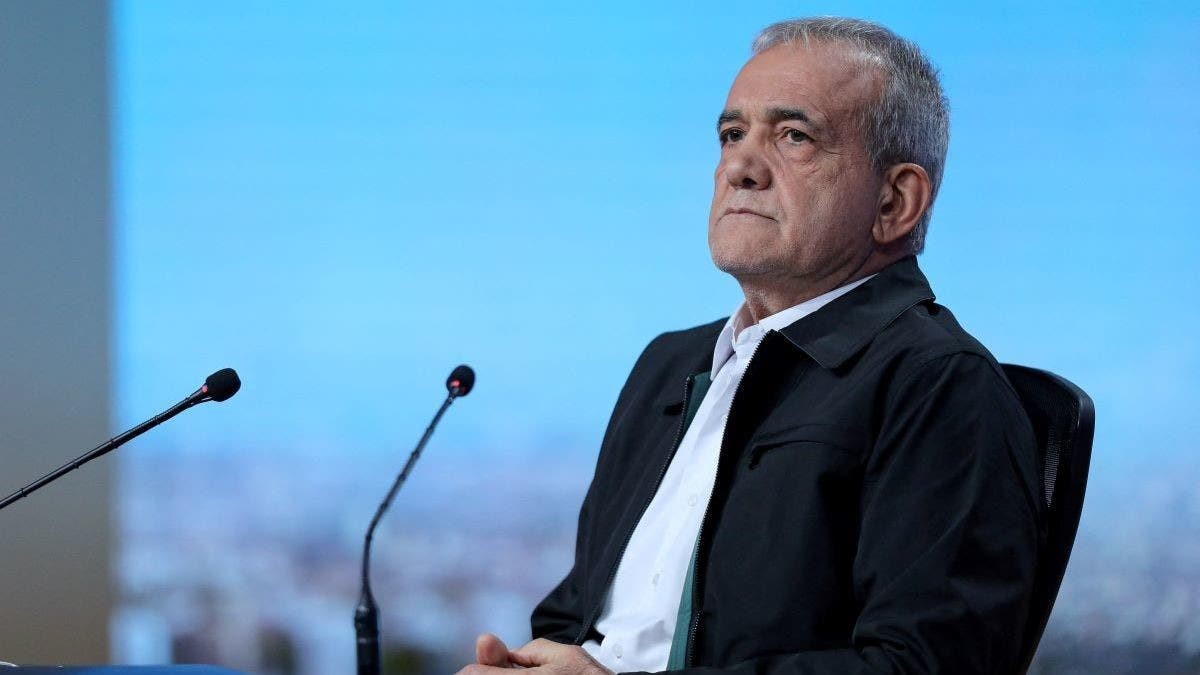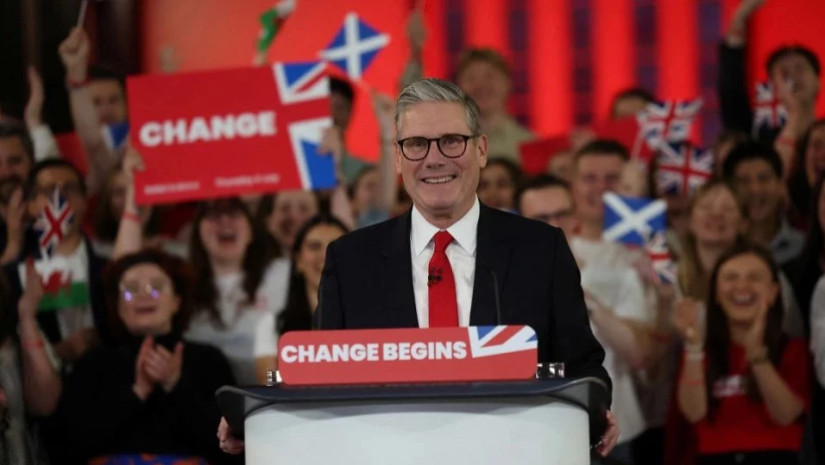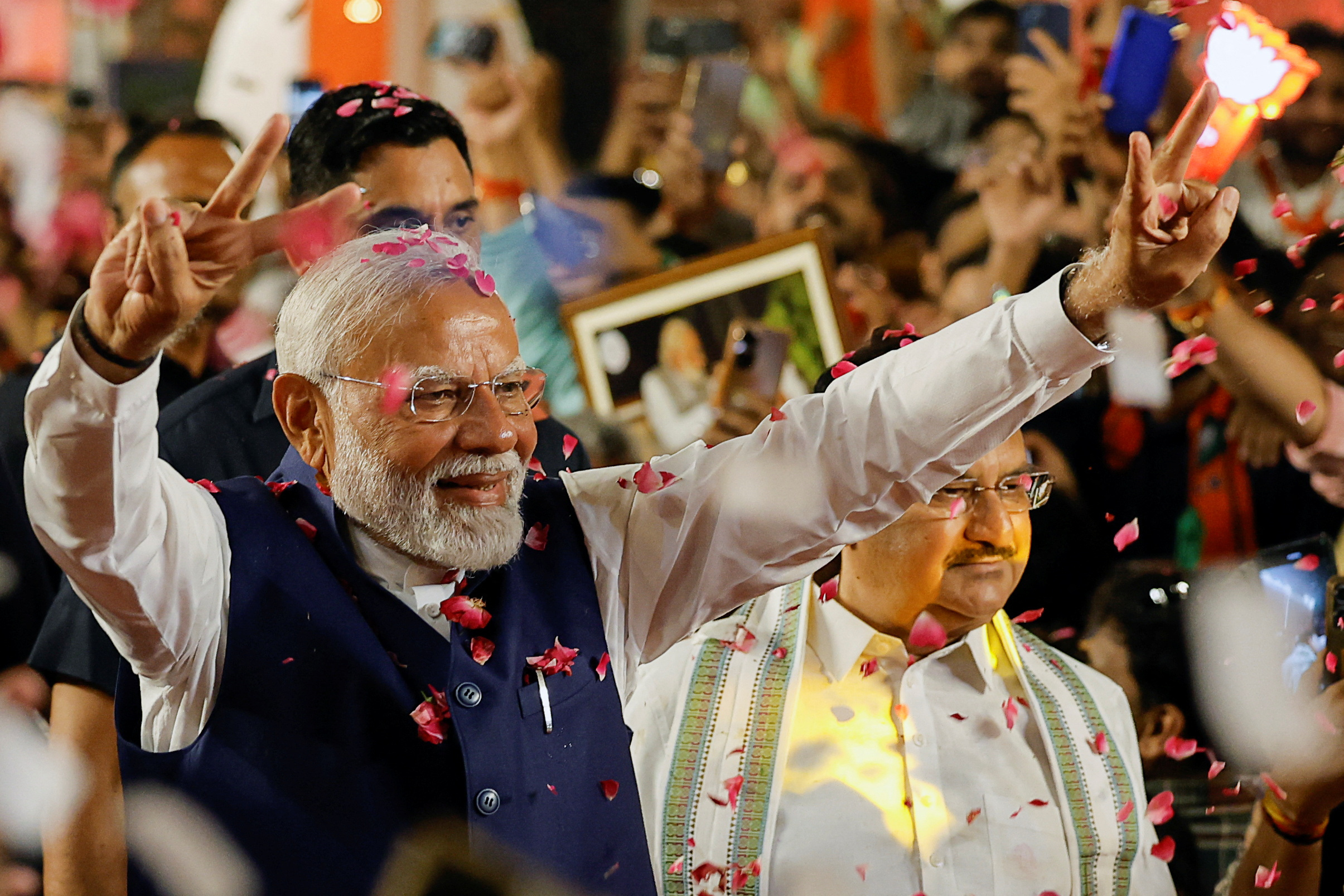Vanuatu is a small island nation located in the South Pacific Ocean. It is a parliamentary republic with a multi-party political system. Here are some key points about the political system in Vanuatu:
- Executive Branch: The President of Vanuatu is the head of state and is elected by an electoral college composed of members of parliament and provincial councilors. The President’s role is largely ceremonial. The government is headed by the Prime Minister, who is the head of government and is elected by the members of parliament. The Prime Minister appoints ministers to form the Council of Ministers, which is responsible for implementing government policies.
- Legislature: The Parliament of Vanuatu is the unicameral legislative body. It consists of 52 members who are elected by popular vote through a system of single-member constituencies. Members of Parliament serve four-year terms. The Parliament is responsible for enacting laws, approving the national budget, and overseeing the government’s activities.
- Political Parties: Vanuatu has a multi-party system, with numerous political parties participating in elections. Political parties play a significant role in shaping the political landscape and policy-making process. However, the political environment in Vanuatu is characterized by frequent changes in party alliances and coalition governments.
- Judiciary: The judiciary in Vanuatu is independent of the executive and legislative branches. The Supreme Court is the highest judicial authority in the country. It handles constitutional matters, appeals, and other important legal cases. Lower courts, such as the Magistrates’ Courts and Customary Land Tribunals, handle civil and criminal cases at the local level.
- Local Government: Vanuatu has a decentralized system of governance with six provinces. Each province has its own provincial government, headed by a president and an elected provincial council. The provincial governments have authority over local matters and are responsible for implementing policies at the provincial level.
- Elections: Elections in Vanuatu are held every four years. Voting is compulsory for citizens aged 18 and above. Candidates compete for seats in the Parliament, and the party or coalition that secures a majority forms the government. Political campaigns and election activities play a significant role in the democratic process.
- Customary Systems: Vanuatu has a unique characteristic in that traditional customary systems and practices, including customary land tenure and dispute resolution mechanisms, continue to coexist with the formal legal system. Customary authorities and chiefs hold significant influence in local communities.
It’s important to note that Vanuatu is a diverse nation with a rich cultural heritage, and traditional customs and practices continue to shape the social fabric of the country. The political landscape and governance structures in Vanuatu have their own unique dynamics that reflect the country’s history and cultural diversity.



